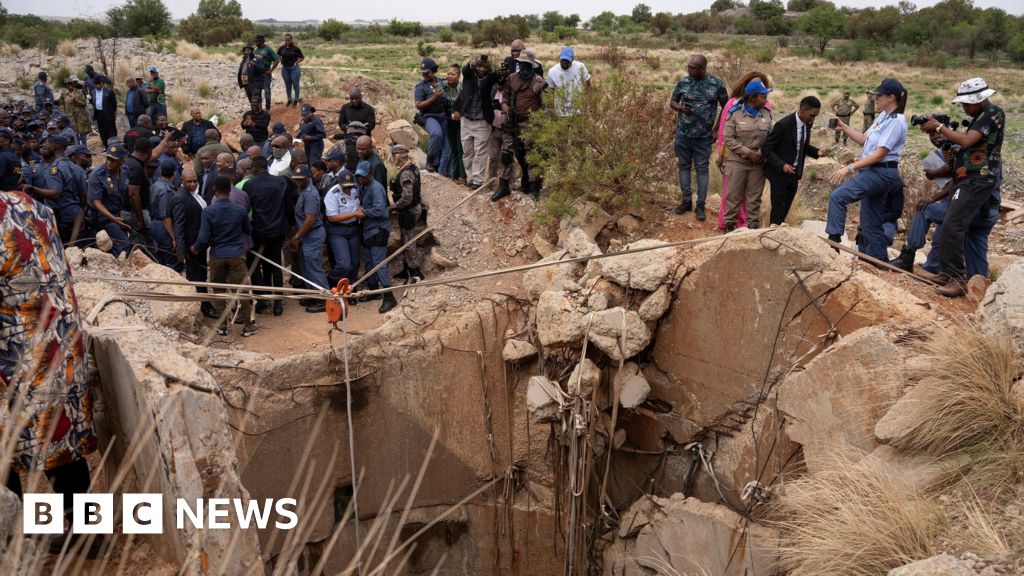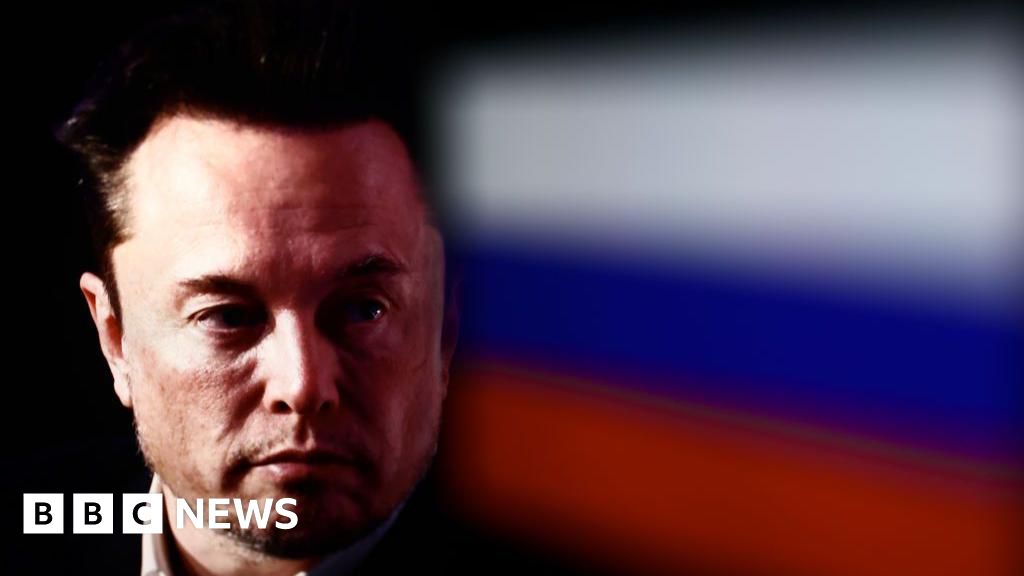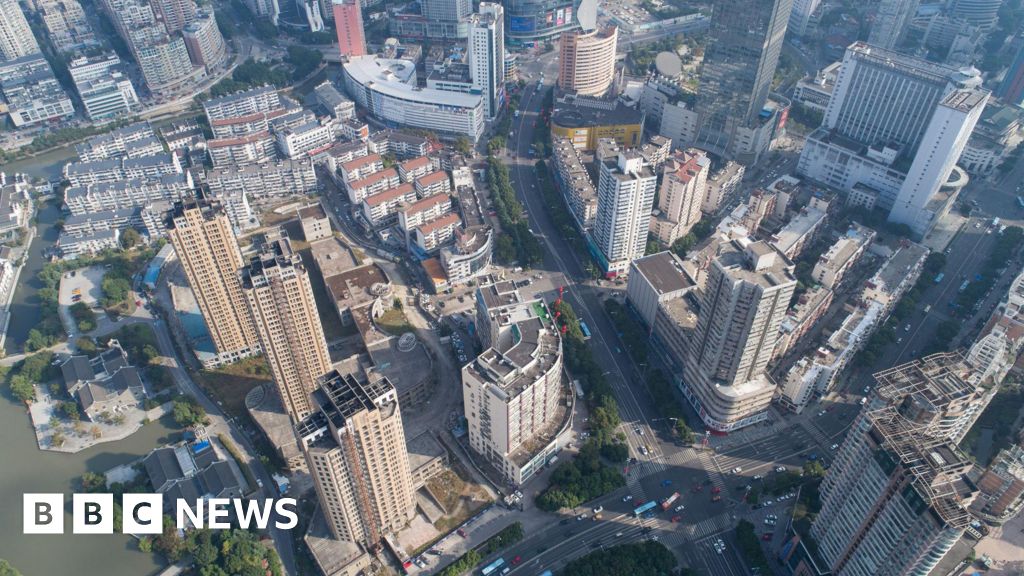ARTICLE AD BOX
Image source, Getty Images
Image caption,About 1,000 people have reportedly been injured in the unrest
There has been fresh violence in Kazakhstan's main city, Almaty, as security forces say they have killed dozens of anti-government rioters.
The sound of machine guns, explosions and stun grenades could be heard.
Officials say 18 security force members are dead and 353 injured. The unrest began when the cost of liquefied petroleum gas (LPG) doubled. Fuel price caps are to be restored for six months.
Russia is sending in troops at the request of the Kazakh president.
They will be deployed to help "stabilise" the country, which is a member of the Collective Security Treaty Organization (CSTO) along with Russia, Belarus, Tajikistan, Kyrgyzstan and Armenia.
Protests began on Sunday when the government lifted its price cap on LPG, which many people use to fuel their cars, but the unrest has since spread to include political grievances.
Kazakhstan is often described as authoritarian, and most elections are won by the ruling party with nearly 100% of the vote. There is no effective political opposition.
Kazakhstan: The basics
Where is it? Kazakhstan shares borders with Russia to the north and China to the east. It is a huge country the size of Western Europe, dwarfing in land mass the other former Soviet republics of Central Asia.
Why does it matter? It has vast mineral resources, with 3% of global oil reserves and important coal and gas sectors. A mainly Muslim republic with a large Russian minority, it has largely escaped the civil strife seen in other parts of Central Asia.
Why is it making the news? Fuel riots have rocked the government, resulting in resignations at the top and a bloody crackdown on protesters.
What's the latest on the ground?
The bustling square of Almaty has turned into a conflict zone, complete with burned down buildings and vehicles.
Almaty police spokeswoman Saltanat Azirbek called on people in the city to stay at home temporarily as a "counter-terrorist" operation continued in three administrative buildings on Thursday.
Dozens of attackers were "eliminated" after they tried to storm police buildings in the city, she said, adding that weapons had been stolen by rioters.
About 1,000 people have reportedly been injured in the unrest, with 400 being treated in hospital and 62 in intensive care.
Many people are scared to go outside, especially at night because clashes are continuing, the BBC's Abdujalil Abdurasulov reports.
The sounds of shooting and explosions remind people how dangerous it can be to leave their homes.
Local vigilante groups block the entrances to their villages near Almaty to prevent looting. Checkpoints and makeshift barriers block the entrance to the city, so people are using narrow streets to get in and out of Almaty.
There are big queues at petrol stations. Residents are struggling to buy food because shopping malls, supermarkets, cafes and restaurants are all closed, only small shops are still open.
Saule, a 58-year-old construction worker who took part in the protests, told the AFP news agency that she saw security forces open fire on demonstrators.
"We saw the deaths," she said. "Straight away about 10 were killed."
Kazakhstan's interior ministry says 2,298 protestors have been detained.
President Kassym-Jomart Tokayev has imposed a nationwide state of emergency that includes a curfew and a ban on mass gatherings.
He also fired his powerful predecessor, Nursultan Nazarbayev, who held a national security role since stepping down as president, and the entire government also resigned.
The government now says it is restoring vehicle fuel price caps for six months in an effort to appease the protesters. Petrol and diesel prices will also be capped for the same period.
Why is Russia getting involved?
President Tokayev accused foreign-trained "terrorist gangs" of being behind the trouble and announced he had sought help from the CSTO, an alliance of former Soviet states dominated by Russia.
The CSTO's current chairman, Armenian Prime Minister Nikol Pashinyan, said the alliance would send peacekeeping forces "for a limited period of time".
Video released by Russian media showed a small number of Russian soldiers boarding a military transport plane. According to the alliance, the peacekeeping force will be deployed to help protect state and military installations in Kazakhstan.
The CSTO was set up nearly 30 years ago, just after the collapse of the Soviet Union, as an alliance to counter external military threats.
In 2010, Russia rejected a request from Kyrgyzstan for the CSTO to send in peacekeepers when ethnic violence erupted there, saying it was an internal matter.
Thousands of protesters gathered in Almaty, the country's biggest city.

 2 years ago
47
2 years ago
47








 English (US)
English (US)